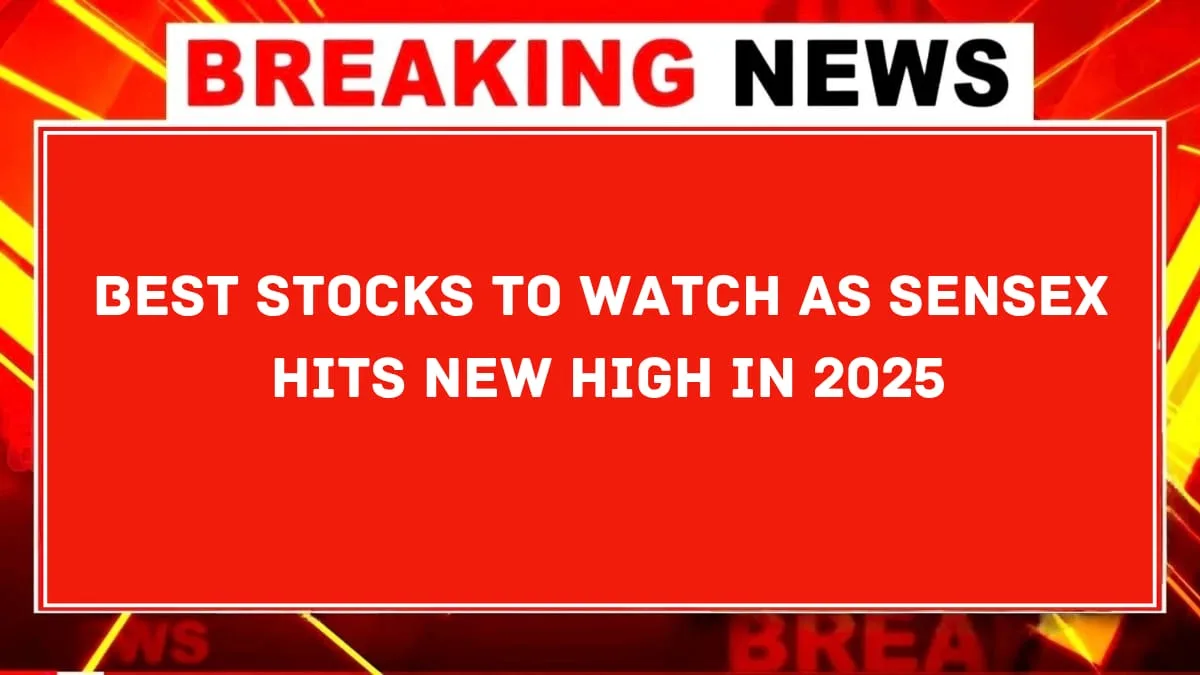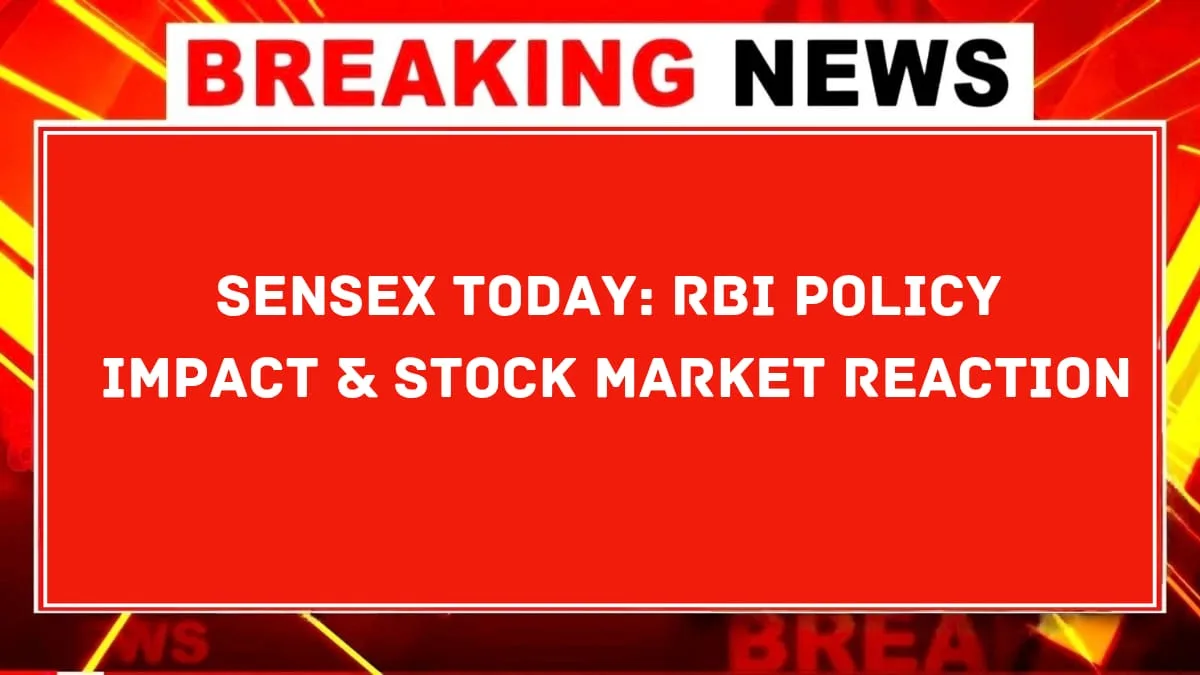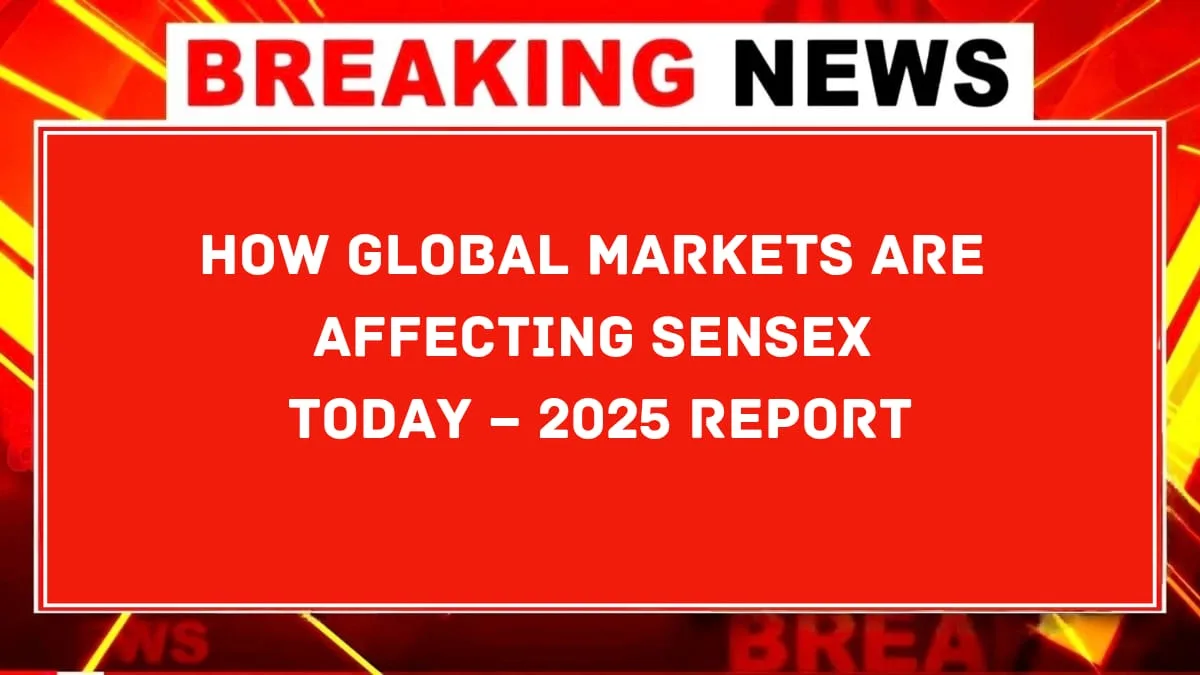India’s benchmark equity index, the Sensex, maintained its upward trajectory in July, briefly crossing the 84,000 mark in late June—its highest level since October 2024—driven by robust foreign inflows, resilient domestic demand, and a favorable policy environment.
The strong rally in Indian equities during the first half of 2025 has come despite a challenging global backdrop marked by persistent geopolitical risks, evolving US trade policy, and concerns over global interest rates.
Foreign Inflows, RBI Policy Boost Market Mood
A key driver of the rally has been steady buying by foreign institutional investors (FIIs), supported by easing global uncertainty and India’s relative economic stability. Domestically, retail participation remains strong, with monthly Systematic Investment Plan (SIP) flows hitting new highs.
The Reserve Bank of India’s decision to cut the repo rate by 50 basis points in June—bringing it to 5.50%—has also lent support to equity markets. The accommodative stance, aimed at supporting credit growth and easing borrowing costs, was well-received by investors.
Budget Push and Government Capex Lift Sentiment
The Union Budget 2025–26 provided a further boost, with increased capital expenditure and tax relief for the middle class. The government’s focus on infrastructure, public sector monetization, and manufacturing incentives is expected to spur demand across key sectors.
“India is entering a phase where both consumption and investment are rising together—this twin-engine growth is driving market confidence,” said a senior fund manager at a domestic asset management firm.
Sectoral Moves: Oil & Gas, Metals Rise; IT, Pharma Under Pressure
Among sectors, Oil & Gas led gains in the first half of the year, supported by lower crude prices and improved refining margins. Capital goods and metals also recorded strong performance, buoyed by infrastructure-linked demand and global supply tailwinds.
However, some caution is visible in IT and telecom stocks, where investors are booking profits ahead of Q1 earnings. Pharmaceutical and chemical companies with global exposure face headwinds from export uncertainties and possible US trade policy shifts.
Public Sector Undertakings (PSUs), especially in the banking and energy space, have seen renewed interest due to asset monetization plans and improving balance sheets.
Mid- and Small-Caps Rebound with Strong Flows
After a volatile Q1, mid- and small-cap indices have outperformed in Q2, driven by domestic liquidity and improving company fundamentals. The BSE Smallcap index rose over 12% during the quarter, reflecting renewed investor confidence.
While sentiment is positive, analysts caution against stretched valuations in certain segments. “The rally in mid- and small-cap space looks strong, but investors need to be selective. Fundamentals should drive stock picking at this stage,” said a market strategist.
Outlook: Positive Bias with Global Risks in View
Looking ahead, market experts remain broadly optimistic for H2 2025, supported by falling interest rates, strong retail flows, and the prospect of an earnings recovery. However, global developments—particularly US Fed policy decisions and trade negotiations—remain potential sources of volatility.
India’s projected GDP growth, among the highest globally this year, continues to provide a solid base for corporate earnings expansion. Analysts advise a focus on high-quality stocks in consumer, infrastructure, and banking segments with a long-term outlook.
Sensex Snapshot (As of July 12, 2025)
- Index Level: 84,215
- YTD Change: +11.4%
- Top Sectoral Gainers: Oil & Gas, Metals, Realty
- Lagging Sectors: IT, Pharma, Telecom
- Repo Rate: 5.50% (post-June RBI cut)
- Retail SIP Inflows: ₹16,200 crore (June 2025)
Disclaimer: This article is for informational purposes only and is not intended as financial advice. Please consult a certified financial planner or investment advisor for personalized guidance.













